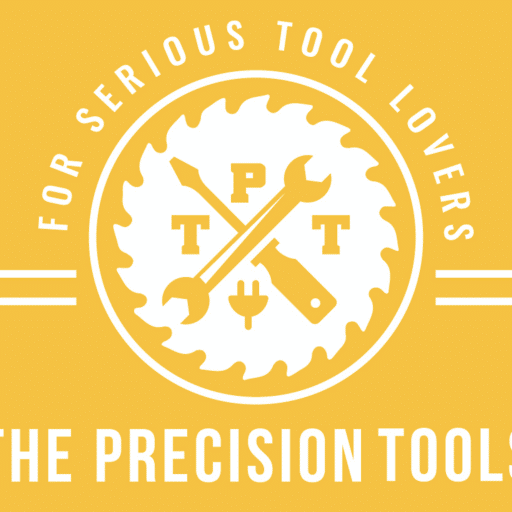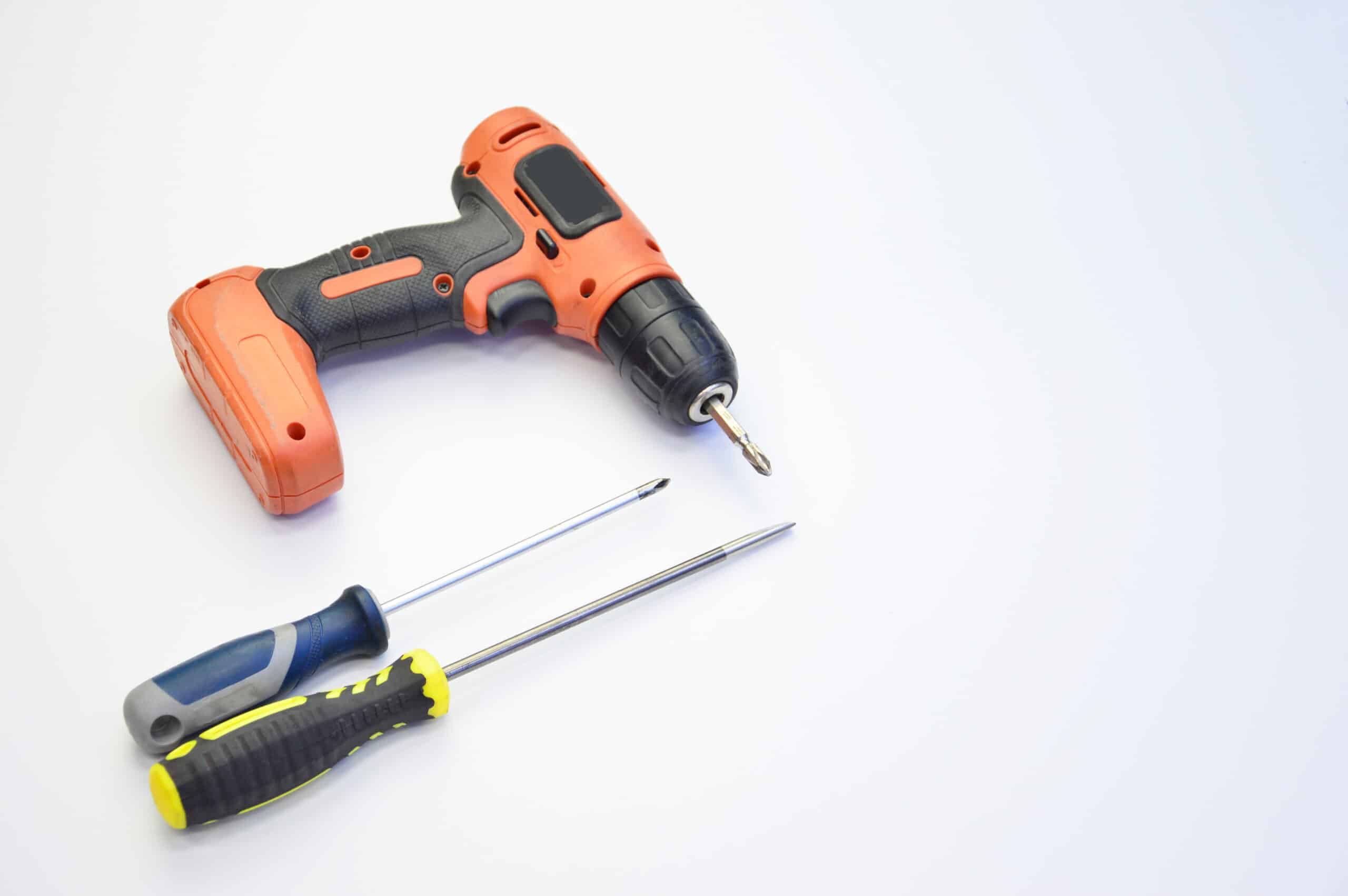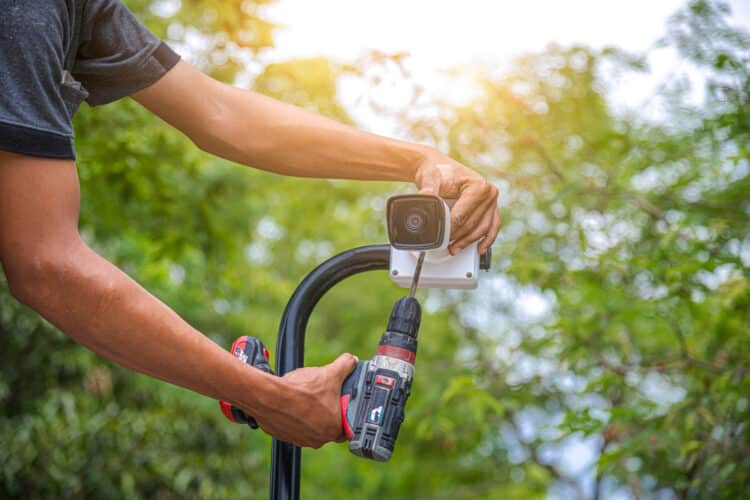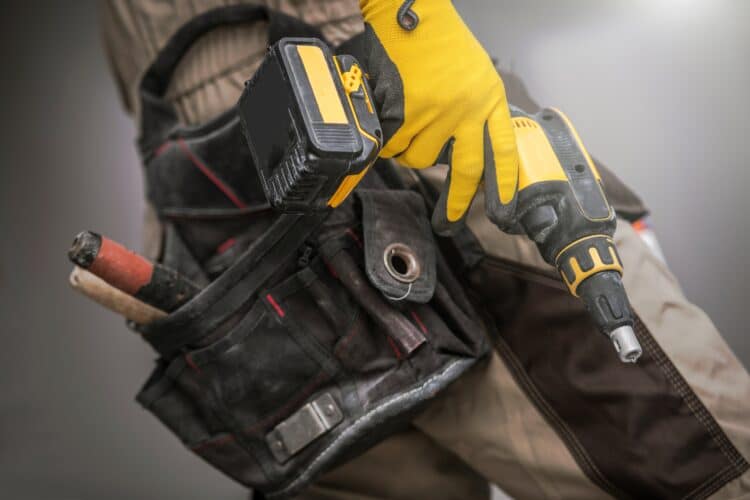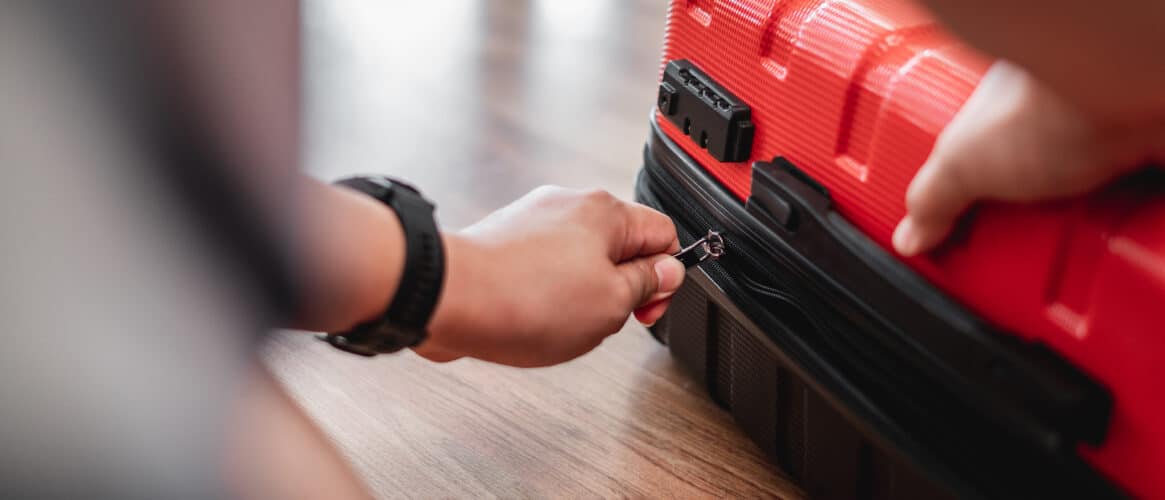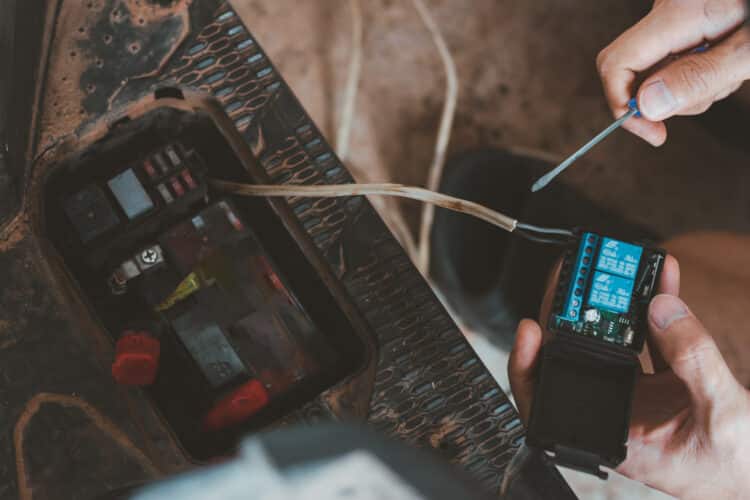What is the Difference Between a Power Drill and a Cordless Screwdriver?
Key Takeaways
- A power drill is a versatile tool that can handle a wide range of tasks, including drilling holes, driving fasteners, polishing, sanding, and even mixing paint.
- Power drills typically deliver higher torque compared to cordless screwdrivers and are designed to run at higher speeds, allowing for faster drilling and driving.
- Cordless screwdrivers are smaller, more portable, and often more affordable compared to power drills, making them a cost-effective option for those primarily focused on driving screws.
When it comes to DIY projects or professional tasks, having the right tools can make a world of difference. Two common tools that often come to mind are power drills and cordless screwdrivers. While they may seem similar at first glance, there are some key differences between these versatile tools. In this article, we will explore the main differences between a power drill and a cordless screwdriver, including their functions, torque, speed, size, battery, and price.
Functions
One of the main differences between a power drill and a cordless screwdriver lies in their functions. A power drill is a versatile tool that can handle a wide range of tasks, including drilling holes, driving fasteners, polishing, sanding, and even mixing paint. On the other hand, a cordless screwdriver is primarily designed for driving screws and is not as versatile as a power drill.
Torque and Speed
When it comes to torque and speed, power drills typically deliver higher torque compared to cordless screwdrivers. Power drills are built for more demanding jobs and offer higher power ratings with battery voltages ranging from 12V to 24V. In contrast, cordless screwdrivers have smaller motors and batteries in the 4V to 10V range, making them suitable for lighter tasks.
Power drills are designed to run at higher speeds, usually 1500 RPM and above, allowing for faster drilling and driving. Cordless screwdrivers, on the other hand, spin at a much lower speed, usually in the range of 0-400 RPM. The lower speed of cordless screwdrivers provides better control and precision when driving fasteners.
Size and Portability
When it comes to size and portability, power drills are generally larger and bulkier compared to cordless screwdrivers. This can make power drills less suitable for tight spaces or confined areas. Cordless screwdrivers, on the other hand, are compact and lightweight, making them easier to use in confined spaces and more portable for professionals on the go.
Battery
Both power drills and cordless screwdrivers typically use lithium-ion batteries, which provide longer runtimes and faster charging compared to other battery types. Power drills often have external batteries that can be swapped with a fully charged one, allowing for continuous use without waiting for a battery to recharge. Cordless screwdrivers usually have onboard batteries that require the entire tool to be connected to the charger. Some cordless screwdrivers even operate on standard AA batteries for added convenience.
Price
When it comes to price, cordless screwdrivers are generally more affordable compared to power drills. However, it’s important to consider the intended use and the versatility of the tool. Power drills offer more power and versatility, making them a better choice for those needing a tool for various tasks. Cordless screwdrivers, while more specialized, are a cost-effective option for those primarily focused on driving screws.
Conclusion
In conclusion, power drills and cordless screwdrivers have their own unique features and advantages. Power drills are versatile tools that can handle a wide range of tasks, including drilling, driving, and even polishing. They offer higher torque and speed, making them suitable for more demanding jobs. On the other hand, cordless screwdrivers are specialized tools primarily designed for driving screws. They are smaller, more portable, and often more affordable compared to power drills.
The choice between a power drill and a cordless screwdriver ultimately depends on the specific needs of the project, including the type of tasks, portability requirements, and power demands. It’s important to consider the functionality, torque, speed, size, battery, and price when making a decision.
Related Websites:
FAQs:
Q: What is the difference between a power drill and a cordless screwdriver?
A power drill is a versatile tool that can perform drilling, screwdriving, and other functions. It can be corded or cordless, offering different power source options. On the other hand, a cordless screwdriver is specifically designed for screwdriving tasks. It is compact, lightweight, and offers ease of use in tight spaces.
Q: What are the benefits of using a cordless screwdriver over a power drill?
A cordless screwdriver offers several benefits compared to a power drill. It is smaller and lighter, making it easier to handle and maneuver. It is also specifically designed for screwdriving tasks, providing better control and precision. Additionally, cordless screwdrivers are often more affordable and convenient for smaller DIY projects.
Q: What are the power source options for power drills?
Power drills can be either corded or cordless. Corded power drills are powered by electricity and offer consistent power without the need for recharging batteries. Cordless power drills, on the other hand, are powered by rechargeable batteries, providing more flexibility and portability.
Q: Which tool is more suitable for different tasks and user preferences?
The choice between a power drill and a cordless screwdriver depends on the specific task and user preferences. If you need a versatile tool that can handle drilling, screwdriving, and other functions, a power drill is recommended. However, if you primarily need a tool for screwdriving tasks, a cordless screwdriver is more suitable due to its compact size, lightweight nature, and better control for precision work.
Q: Why is it important to consider specific needs and tasks before choosing between a power drill and a cordless screwdriver?
Considering specific needs and tasks is crucial before choosing between a power drill and a cordless screwdriver because it ensures that you select the right tool for the job. By understanding your requirements, you can determine whether you need a versatile tool like a power drill or a more specialized tool like a cordless screwdriver. This consideration helps avoid unnecessary expenses and ensures optimal performance.
